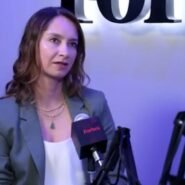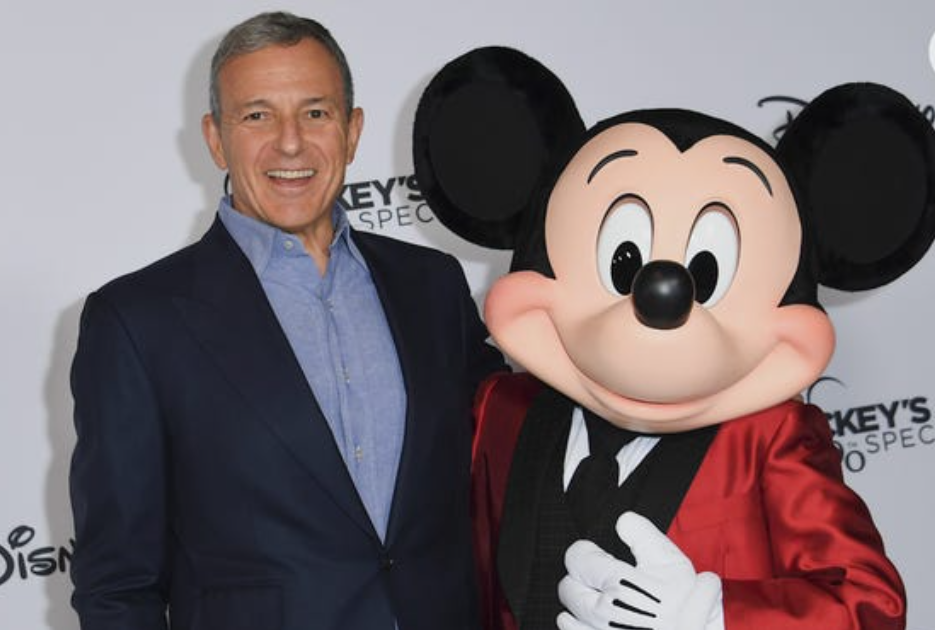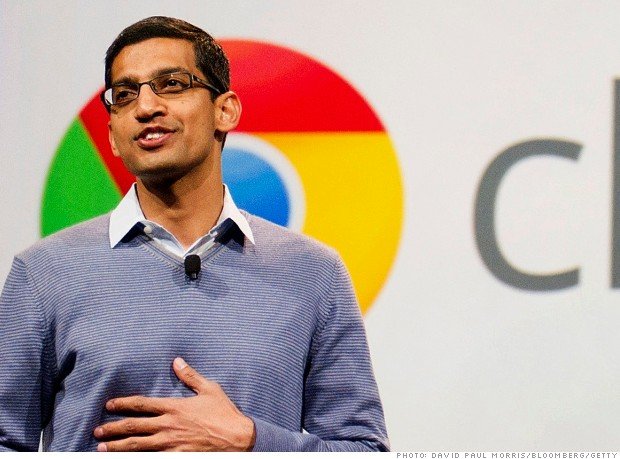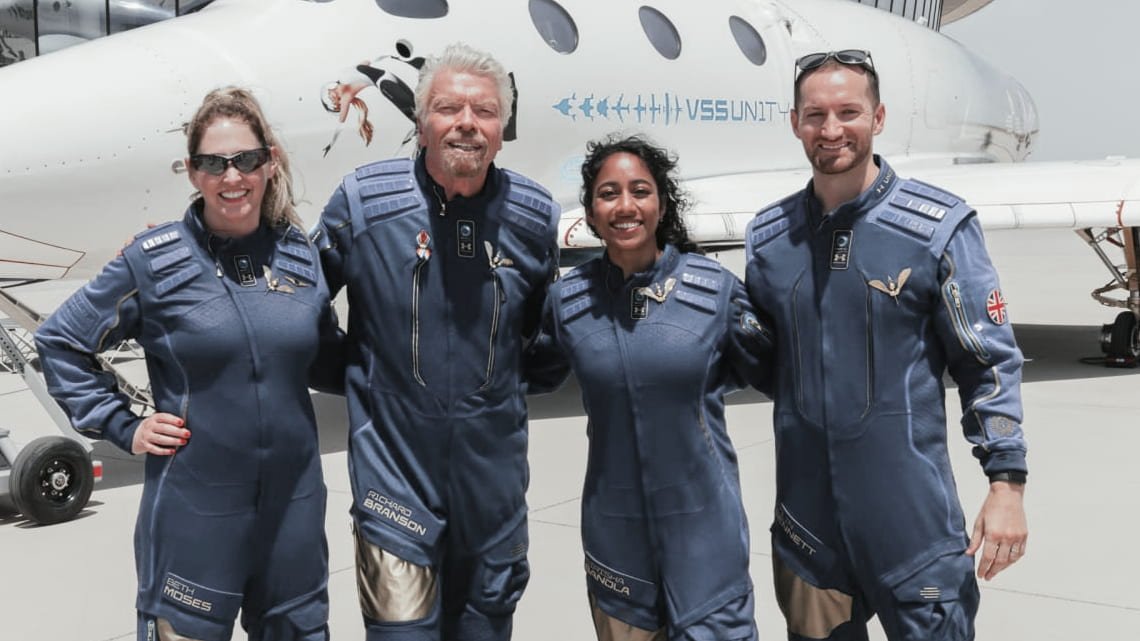The CEO advisor of Disney reveals the “magic” of his business leadership
Robert Iger, former Chief Executive Officer of the Walt Disney Company, is considered one of the most respected executives in the world of corporate entertainment (Oprah wants him to run for president of the United States).
He spent 14 years leading what some consider the largest media empire on the planet, and 45 years in the entertainment business, starting as a production assistant at ABC, which was acquired by Disney in 1996.
Iger moved up through several executive positions before becoming CEO of Disney in 2005.
In anticipation of his announced retirement in 2021, Iger published The Ride of a Lifetime: Lessons Learned from 15 Years as CEO of the Walt Disney Company.
Since then, he’s been on a book promotion tour, stopping to talk with Oprah, Ellen, and of course, Wharton management professor Adam Grant, who interviewed Iger this week on the University of Pennsylvania campus for the Authors@Wharton lecture series by the McNulty Leadership Program.
Wharton Global Youth attended the interview and shared some insights on the career of a man who has learned a lot about life and leadership during his time “in the storytelling business.”
Lección 1… sobre la resiliencia.“In the 1960s and ’70s, I dreamed of becoming a television host, and I started as a weatherman in 1973. I soon discovered I wasn’t good enough to fulfill that dream, so I got behind the camera instead.
I started as a production assistant at ABC, earning $150 a week… My first boss at ABC told me I was not promotable. It’s complicated. He and I were on different sides of the fence when it came to integrity… I was 23 years old at the time.
It was hard to reject what he said, but I also didn’t want to believe it. I proved him wrong. I’ve always been realistic about my talent and my intelligence. I’ve never doubted myself and I’ve never worried about reaching a point where I couldn’t go any further.”
Lección 2… sobre la autenticidad. In his book, Iger writes that truth and authenticity generate respect and trust. He says he feels like the same person who showed up for work 45 years ago, and he stays true to his beliefs, even when they are put to the test.
“It was very hard for me to become CEO. I went through 15 interviews with the board to get this job, and there were a lot of tough tests. The hardest thing was that I was following someone who had been CEO of Disney for 21 years—Michael Eisner.
He had a brilliant career and rebuilt the company in many ways… The last years were really tough for Disney, both creatively and commercially.
We had actual creative failures and were not performing financially the way Wall Street and the board believed we should.
In the process of interviewing me, after I had been his number two for five of those years (as Chief Operating Officer), the board tried to provoke me to be very critical of him.
I was still working for him and he had been my mentor in many ways. I simply refused to do it.
And they kept pushing and pushing. They tried to get me to defend myself by comparing myself to him, and I didn’t want to do it. It would be disrespectful to him and I also thought it was irrelevant because it wasn’t about the past, but about the future.
I kept trying to tell them: I don’t want to say anything about the past because I can’t do anything about it. But I’d love to talk about the direction I want to take the company and where I think it should go. That required a lot of strength and persistence and a huge dose of patience.”
Lección 3… sobre la reflexión. Iger considers reflection to be one of the most undervalued elements of good leadership. It is the process of acquiring knowledge, he writes, and it involves taking the time to develop informed opinions.
This has helped him establish and maintain strategic priorities throughout Disney’s numerous company acquisitions over the last 14 years, including Pixar, Marvel, and Lucas Films.
“When I was hired, I had to explain to the board what our priorities were. I saw a world where technology was going to allow storytelling to proliferate. There would be much more, and many more options for the consumer.
I believe quality and brands matter more than ever… For me it was very important, going back to high-quality branded entertainment content, that we revitalize animation. That’s how Tangled and Zootopia and Big Hero 6, Moana and Frozen were born… the stories we told came from the hearts and minds of the directors… not from a push by producers or even management.”
Lección 4… sobre el enfoque. Iger believes it is essential to dedicate time, energy, and resources to the most important strategies, problems, and project
In today’s competitive entertainment landscape, one of those decisions has been to go up against Amazon, Netflix, and the proliferation of subscription video-on-demand services. Disney+—with programming from Marvel, Pixar, Star Wars, Disney, and National Geographic—launches November 12.
“Direct-to-consumer digital platforms for film and television are the future. They’re serving audiences around the world in the way they want to be served. It is imperative that we enter that space, and we’re doing it with Disney+.
Here’s to more successes!”







